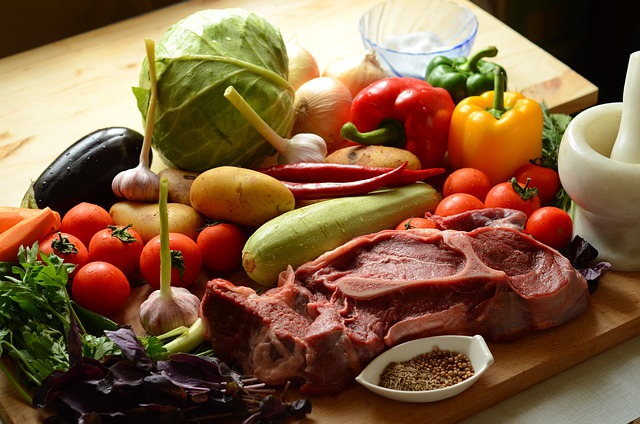Food poverty in Germany is a reality

Food poverty in Germany is a growing problem and the current state financial aid is not sufficient. The speakers at the 7th BZfE forum “Food poverty in Germany – see, understand, encounter” agreed on this. Eva Bell, head of the “Health Consumer Protection, Nutrition” department at the Federal Ministry of Food and Agriculture (BMEL): “The topic of food poverty has become particularly topical in the past year. It is a controversial topic that the BMEL is also addressing. We do everything we can to ensure that everyone can live a healthy life and grow old. The Federal Government's nutrition strategy, which is being developed under the leadership of the BMEL, will therefore address the issue of food poverty."
An urgent task given that around three million people in Germany suffer from food poverty - and the sometimes serious health consequences. Some parts of society do not recognize food poverty as a problem that needs to be solved politically, but rather place the responsibility on those affected. The accusation of a lack of education or a lack of everyday skills are examples of overly simple, striking categories. If those affected defend themselves against this and describe on social media, for example under the hashtag #ichbinarmutsbetroffen, what food poverty actually feels like or describe their individual fates, they often encounter hate comments.
Society often does not grant people affected by poverty the right to social participation, such as going out for a coffee, eating according to their preferences and habits, or inviting guests to birthday parties. So far, no funds have been earmarked for this in the citizens' allowance. Not even being able to go out for a coffee with friends simply because there is no money is simply hard to imagine for many people. And what if you don't even have enough money for lunch or the school canteen? Then children and young people from poor households lack the energy and nutrients they need for healthy development and learning. So they get deeper and deeper into a spiral of poverty and experience the opposite of equal opportunities.
In addition to higher standard rates, free daycare and school meals would therefore be a central lever against food poverty. The example of Sweden shows how effective this is: children who got free school meals there were larger, healthier overall and later earned a higher income (and for the state also more taxes).
At the BZfE forum, the participants agreed: Until the government sets a different course, “Food poverty in Germany is definitely an issue that we as a nutrition community also have to take care of.” This was Dr. Margareta Büning-Fesel, President of the Federal Agency for Agriculture and Food (BLE). This referred to both research projects and professional support for voluntary initiatives, as well as good scientific communication. And Eva Zovko, head of the Federal Center for Nutrition, added: “With this event we are making the issue of food poverty more visible. As the Federal Center for Nutrition, we will definitely continue to support this important social issue through communication.” Ultimately, this means not only talking about those affected by food poverty, but also letting them have their say personally. It is socially essential to see and understand the specific needs of children, young people and adults in all dimensions of nutrition without prejudice and to address the problems with appropriate help.
www.bzfe.de
